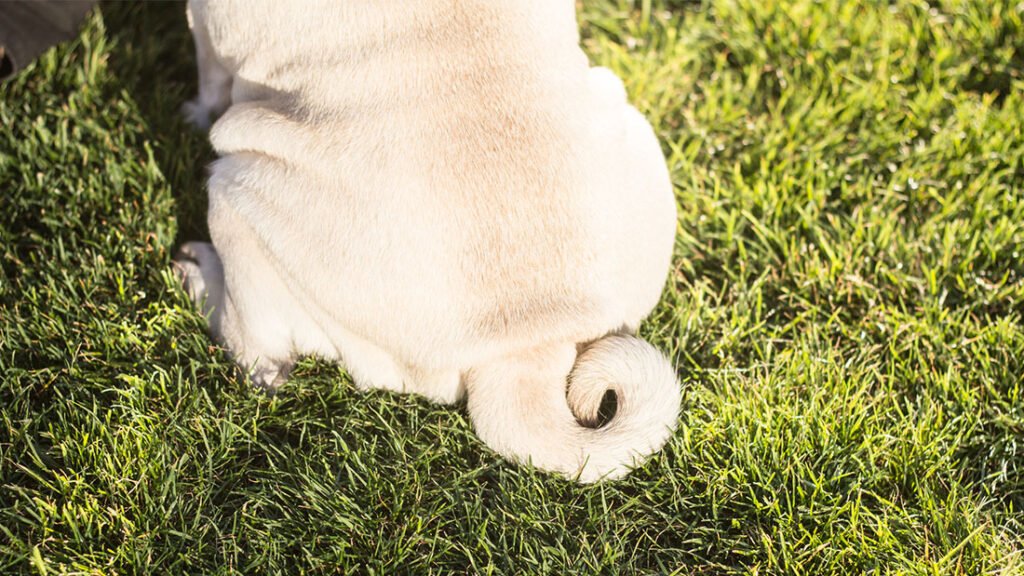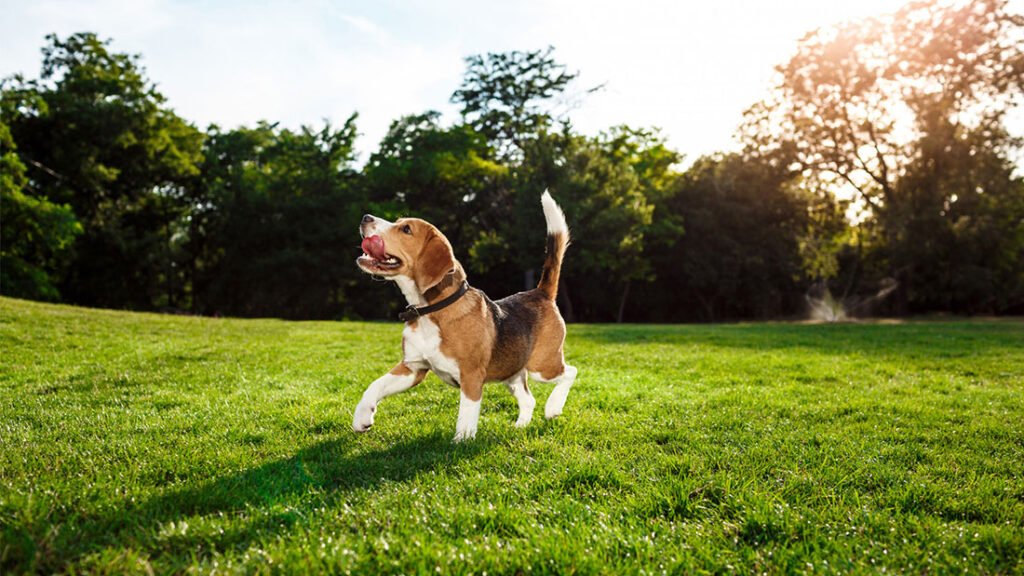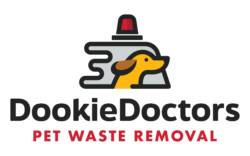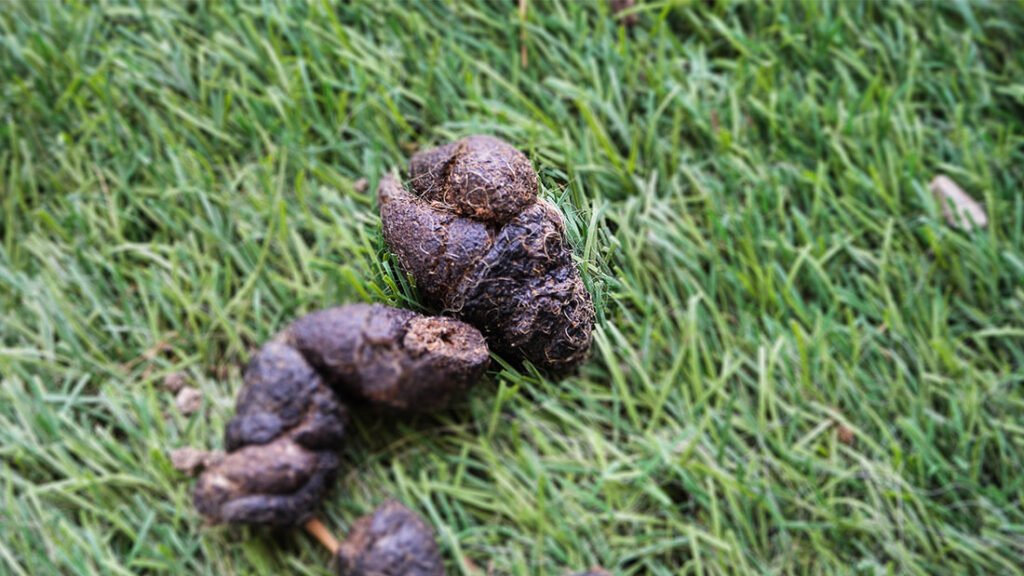Town-house boards have long posted friendly reminders about scooping after a walk, yet stray piles still show up beside mailboxes and playgrounds. Frustrated associations are adding genetics to the toolkit. By registering every resident dog and matching abandoned waste to the animal’s profile, boards can identify a single household instead of lecturing the whole neighborhood. Supporters say the threat of a fine nudges even forgetful owners to grab a bag.
Why Communities Turn to Genetics

Routine strategies—bag dispensers, warning letters, even temporary cameras—help but rarely end the problem. PooPrints, the largest U.S. lab in this niche, reports that properties using its system see a 96 percent reduction in unscooped waste, a figure based on more than 7,000 participating communities. That kind of drop speaks to board members who field sanitation complaints at every monthly meeting.
How the Testing Works
Enrollment begins with a cheek swab. The manager mails the cotton tip to the lab, which builds a digital DNA file. When someone leaves a mess, a staffer collects a small sample—in gloves, sealed tube—and sends it off the same way. The lab compares genetic markers and usually delivers a match within a week, boasting accuracy close to 99 percent.
The Price of a Missed Pickup
Setting up the database costs roughly $100 per dog, a fee most boards pass through as an upfront registration charge. After that, the real expenses fall on violators. Many HOAs start at $250 for the first confirmed offense and escalate to $500 or more if the behavior continues. In Brookfield, Connecticut, one association imposes a $25 daily penalty on owners who refuse to submit a swab at all. A few complexes add administrative costs to cover staff time, so the tab climbs quickly.
Early Results

Statistics from public parks and apartment complexes point in the same direction. A city program compiled by Carmel Clay Parks and Recreation documented waste reductions of 75 to 100 percent once testing began. Landlords quoted in the Wall Street Journal say the cleaner grounds justify the hassle, even if they occasionally have to mediate a dispute when a tenant challenges a result. Residents who handle their own turf often pull out a phone and type pooper scooper near me to check local pricing or schedule a one-time dog poop removal near me before hosting guests.
Pushback and Privacy
Not everyone is enthusiastic. Some residents liken mandatory cheek swabs to invasive data collection, raising questions about how long DNA files stay on record and who can see them. One legal advisory notes that boards should publish retention schedules and apply the rule to every household to avoid discrimination claims.combslawgroup.com The fight rarely ends up in court, but grumbling alone can slow adoption.
Alternatives That Skip the Lab
Genetic testing is only one route to a clean common area. A small HOA might find that a weekly dog poop service costs less per month than a single lab match. Where snow hides winter waste, seasonal operators such as dog poop removal Pittsburgh offer spring clean-outs that restore lawns before the first cookout. Communities with limited budgets sometimes rely on volunteer patrols and rotate the chore like leaf raking.
For others, outside vendors keep the grass clear without DNA databases. Companies advertising dog poop cleaning services arrive in marked vans, sweep each yard, and haul away the trash. If a board prefers an à-la-carte plan, a regular dog poop pickup service can be booked only for high-traffic courtyards, while private lawns remain the owner’s job.
Practical Advice for Boards and Residents
- Vet the vendor. Ask how samples are logged, stored, and discarded.
- Phase in registration. A four-week grace period reduces pushback and helps collect every swab.
- Publish a clear schedule of fines. Surprises invite disputes.
- Track metrics. Count stray piles before and after launch to verify whether the program works.
- Keep perspective. DNA kits deter negligence, but polite reminders still work for most neighbors.
A Measured Approach
DNA testing brings certainty to an old annoyance, yet it is not a cure-all. It works best alongside prompt dog poop clean up habits, adequate waste stations, and open communication. When boards balance technology with common courtesy, the grass stays green and tempers stay cooler—even in a community full of dogs.
Frequently Asked Questions
1. Why are HOAs switching to dog-poop DNA testing rather than relying on signs and bag stations?
Genetic matching removes debate. When a lab links an abandoned pile to one registered dog, the board fines that owner instead of scolding everyone. Precision pushes compliance near 100 percent, cutting parasites, bacteria, odor, and groundskeeping bills. Cleaner lawns and calmer neighbor relations appear within weeks, proving the swab fee worthwhile for associations exhausted by recurring complaints.
2. What happens to my pet’s DNA, and should I worry about privacy?
Labs save only markers needed to tell dogs apart, not a full genome. Digital records sit in encrypted databases viewed by managers and technicians, never police or insurers. Most contracts delete the file when the pet moves, dies, or on owner request. HOAs publish retention limits and audits, giving residents proof data are kept briefly and used exclusively for waste enforcement.
3. How much might I be fined if my dog’s waste is matched, and can I contest the charge?
First violations cost $250, doubling for repeat cases; some boards add fees until payment. The amount covers lab work and staff time while discouraging negligence. Owners may appeal within ten days by reviewing chain-of-custody logs, presenting vet evidence, or requesting a retest. Accuracy near 99 percent keeps reversals rare, yet the procedure protects due process.
4. What practical steps keep me fine-free while protecting neighborhood hygiene?
Carry two waste bags each walk in case one rips or a neighbor forgets hers. Scoop promptly, knot tightly, and place the bundle in a trash can, not atop leaves. Maintain vaccinations and deworming to lower parasite load. If you miss a pile, return with gloves and disinfectant. These habits cost little yet eliminate odor, disease risk, and unwanted penalties from the HOA.

